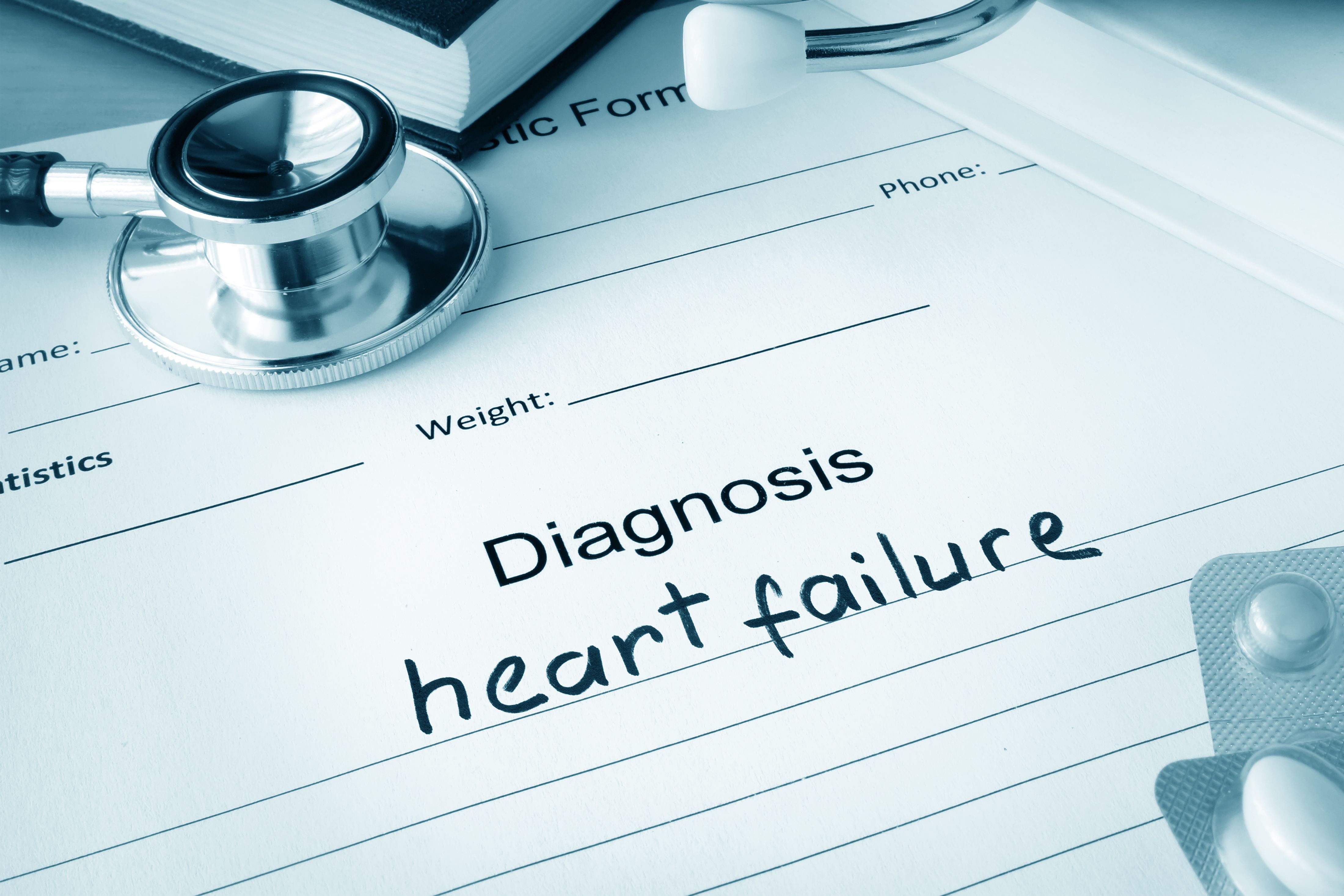Article
Diabetics Need Not Avoid Butter
Author(s):
There are a lot of tasty things that people with diabetes should not eat. But butter is not one of them, a study found.

Butter may not be so bad for diabetics and others, according to an international meta-analysis. The same finding occurred for other dairy fats in relation to the development of diabetes or causing cardiovascular deaths for diabetic patients.
“This systematic review and meta-analysis suggests relatively small or neutral overall associations of butter with mortality, CVD, and diabetes. These findings do not support a need for major emphasis in dietary guidelines on either increasing or decreasing butter consumption, in comparison to other better established dietary priorities; while also highlighting the need for additional investigation of health and metabolic effects of butter and dairy fat,” wrote Laura Pimpin and her co-authors. Pimpin is a PhD candidate at the University of Cambridge.
Current American Diabetes Association guidelines recommend margarine instead of butter.
Pimpin and her colleagues looked at nine databases searching for international results for keyword related to butter and cardiometabolic outcomes. ”We identified 9 publications including 15 country-specific cohorts, together reporting on 636,151 unique participants with 6.5 million person-years of follow-up and including 28,271 total deaths, 9,783 cases of incident cardiovascular disease, and 23,954 cases of incident diabetes,” the authors explained. None of the publications, however, were randomized controlled studies that looked at butter end points, and outcomes were derived by reviewing medical records, death certificates and medical records.
“Butter consumption was weakly associated with all-cause mortality” in nine country-specific cohorts,” the authors wrote.
Based on the consumption of one tablespoon per day (14 gm), the meta-analysis showed the RR (relative risk) of 1.01, 95%CI=1.00, 1.03,P=0.045) for all causes of mortality, no significant risk associated with any cardiovascular disease (RR=1.0, 95% CI=0.98,1.02;P=0.074) or stroke (RR 1.01, 95% CI) and an inverse association with diabetes (RR=0.96, 95%CI=0.93,0.99,P=0.021). No evidence of heterogeneity or publication was found, the authors reported.
The concern about butter stems from the practice of focusing on micronutrients, such as saturated fats, when looking at their relationship with the increased risk of chronic diseases, the authors explained. ”For example, growing evidence supports potential metabolic benefits of certain dairy products, such as yogurt and possibly cheese, on risk of type 2 diabetes [5, 6], which may even relate to benefits of dairy fat. [7—9] However, the relationship of butter, which is highest in dairy fat, with diabetes remains unclear. The long-term effects of butter consumption on other major endpoints, such as all-cause mortality and CVD, are also not well-established,” the authors wrote.
As a result of their meta-analysis, the authors concluded “relatively small or neutral overall associations of butter with mortality, CVD, and diabetes. These findings do not support a need for major emphasis in dietary guidelines on either increasing or decreasing butter consumption, in comparison to other better established dietary priorities; while also highlighting the need for additional investigation of health and metabolic effects of butter and dairy fat.”
This article appeared in Plos One.
Related Coverage:
Moo!! Dairy Diet Shields Consumers Shields Consumers Against Diabetes Risks




